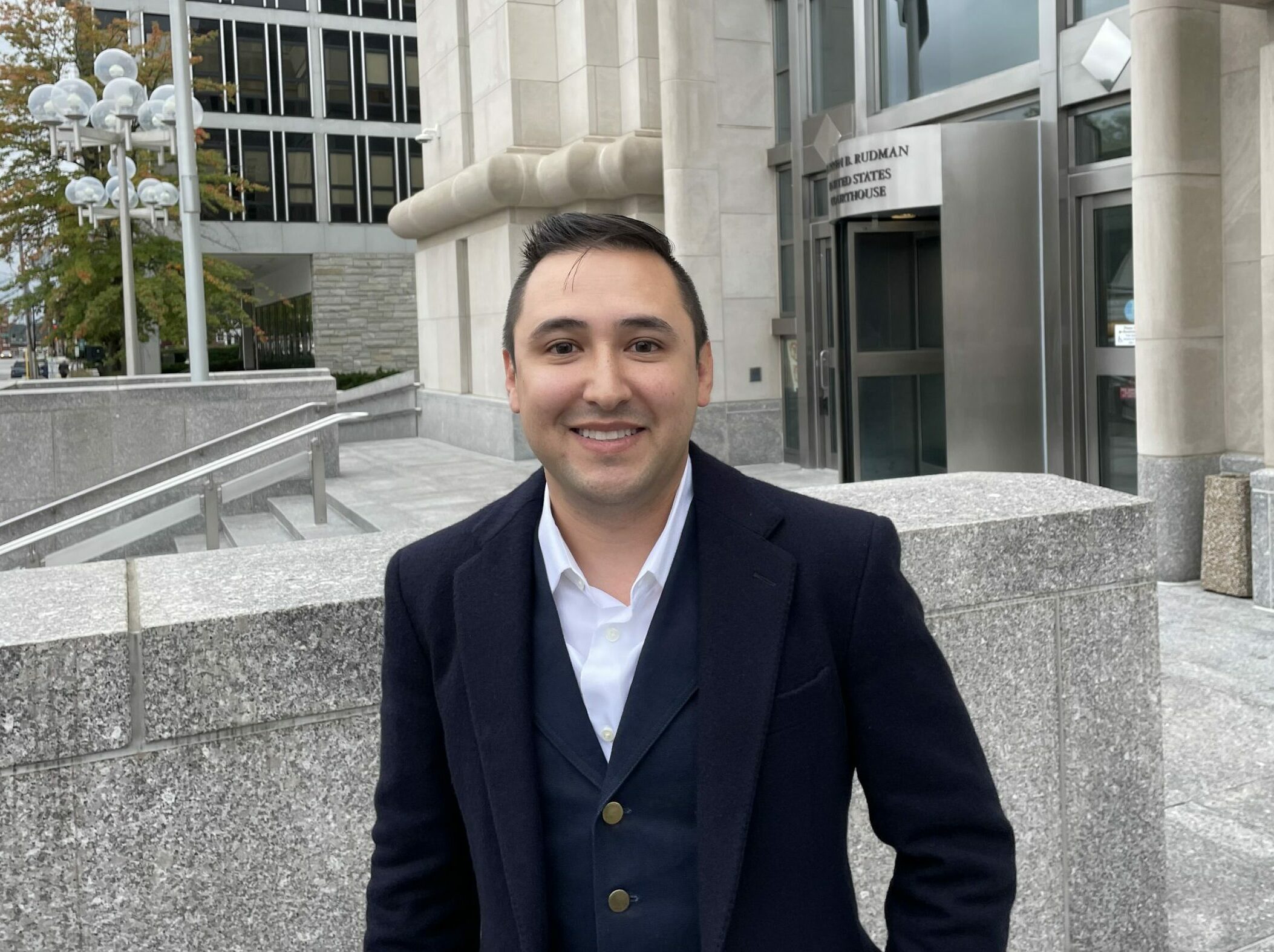‘Never Trump’ POTUS Candidate Came to New Hampshire. Now He’s Going to Prison.

Failed “Never Trump” Republican presidential candidate John Anthony Castro may not have forced President-elect Donald Trump off the New Hampshire primary ballot, but he did beat the GOP nominee at something: Castro is the first to go to prison.
Castro was sentenced on Halloween to 188 months in federal prison (more than 15 years) on 33 felony counts of filing false tax returns. That works out to about one year for every million dollars he reportedly collected in his tax scam, according to court records.
Castro, 33, sued the state of New Hampshire twice during his idiosyncratic 2024 presidential bid, an effort to boot Trump from the ballot. The campaign mostly consisted of federal lawsuits Castro filed to get Trump off the ballot in 32 states. Castro used the legal actions to generate publicity for his quixotic campaign.
He also used some computer-generated graphics to project a campaign that doesn’t appear to have existed.

Publicity seems to have been his currency of choice, as the Castro For President campaign only reported about $800 in total donations just weeks before he was indicted in Texas on the tax fraud charges. Castro’s New Hampshire campaign had no offices, no paid staff, no in-state volunteers, and no identifiable supporters. He still did manage a few votes in the First in the Nation presidential primary, however.
In an effort to prove to the courts he had a viable political operation, Castro sent his brother-in-law and cousin to New Hampshire to put up campaign signs. The pair later testified they spent time in the city of “Noshua” and only talked to about a dozen people.
Castro started his presidential campaign in order to get Trump off the ballot ahead of the primaries. Partly inspired by the 14th Amendment clause that prohibits insurrectionists from holding office, Castro based his lawsuits on the legal theory that if he was a presidential candidate himself, he could argue Trump was illegally taking his votes. That theory was charitably considered “novel” by the courts.
Castro, who is not a licensed attorney, operated a tax law firm in Texas where he reportedly made up deductions for his clients, without their knowledge, in order to obtain larger than allowed tax refunds. Castro’s firm then took a percentage of the refund instead of a flat fee from the clients.
In a letter to United States District Court Judge for the Northern District of Texas Terry Means, Castro explained he did not so much make up deductions that did not exist as he estimated, incorrectly, deductions he thought should exist.
“Estimations and fabrications both involve arriving at final figures that a taxpayer did not expressly provide,” Castro wrote.
Castro’s outside-the-box legal strategy led him to ask for a bench trial decided by Means, and not a jury, during which he took the stand and testified in his own defense. Even after his conviction, Castro maintains this plan was, maybe, divinely inspired.
“I vividly recall the dream I had that instructed me I could trust your Honor’s judgment,” Castro wrote to Means. “This is what led me to pursue a bench trial and take the stand in my own defense. Others may call my decision foolish, especially in light of the verdict. But I knew and still know that, as a brother in Christ, your love of and faithfulness to justice, fairness, and transparency will validate my decision.”
Castro has a long and strained history with the truth, according to court records. Though he did graduate law school, Castro never passed a bar exam in any state. That did not stop him from presenting himself as a licensed attorney until 2016, when the Florida State Bar sent him a cease and desist letter for his unlicensed practice of law.
Prosecutors say Castro also lists himself as a military veteran on his Texas driver’s license, though he has never served in the military. Castro did attend a military academy prep school as a teen, though he did not graduate and did not go on to attend any military academy.
Along with the prison sentence, Castro must pay $277,000 in restitution to the IRS. If there’s a plus side, the federal convictions do allow Castro to apply for a pardon from Trump.



